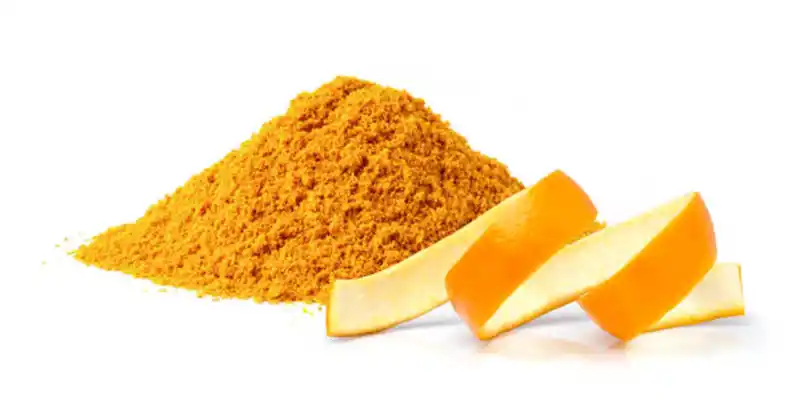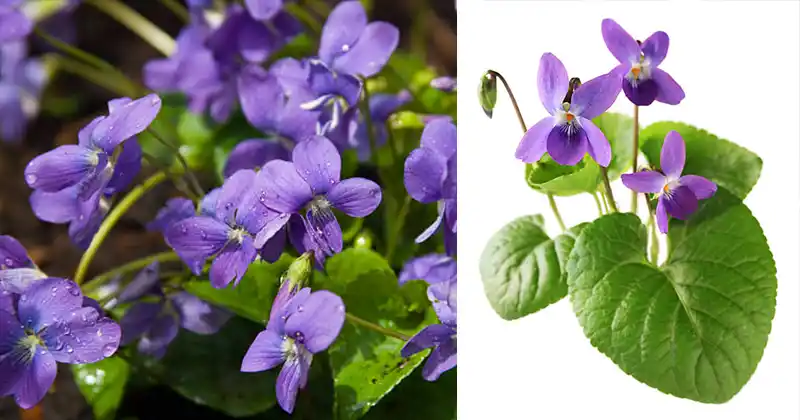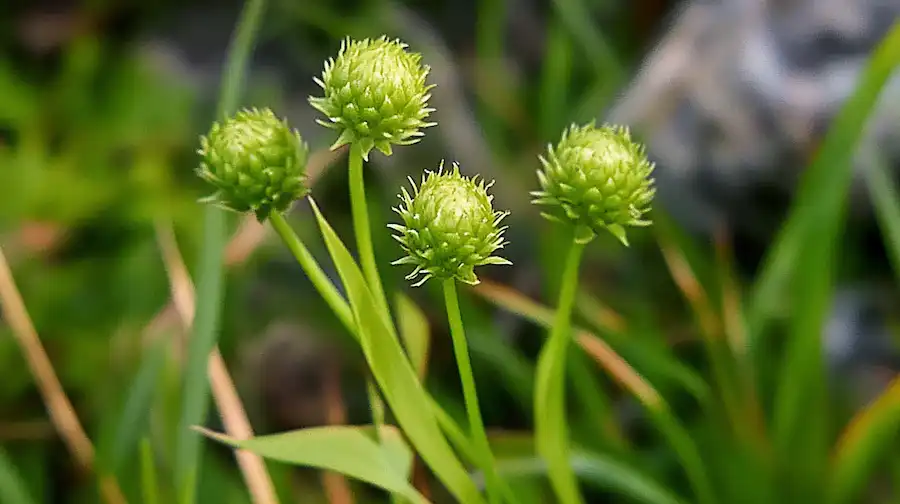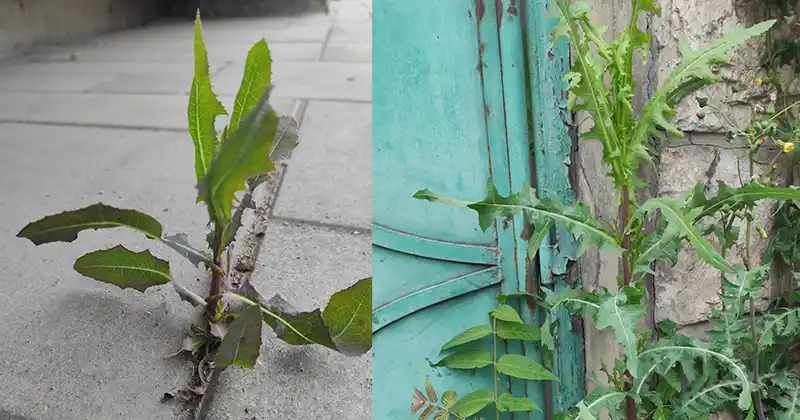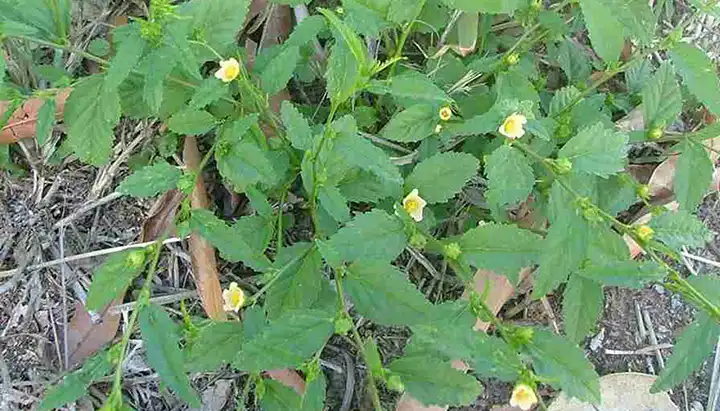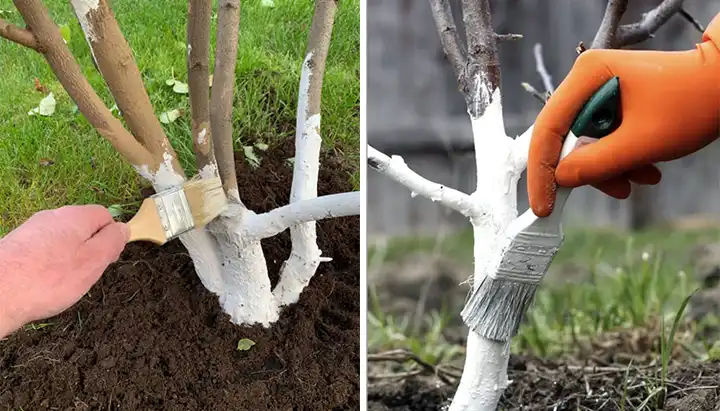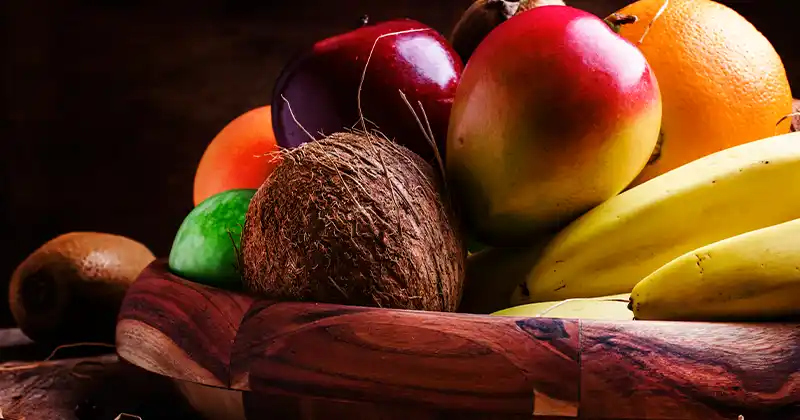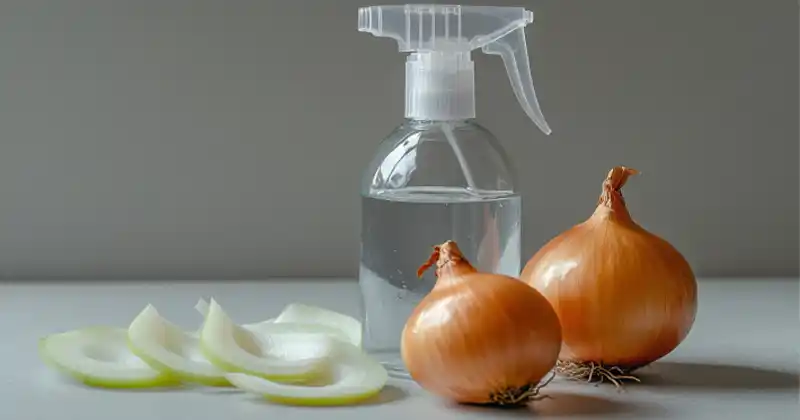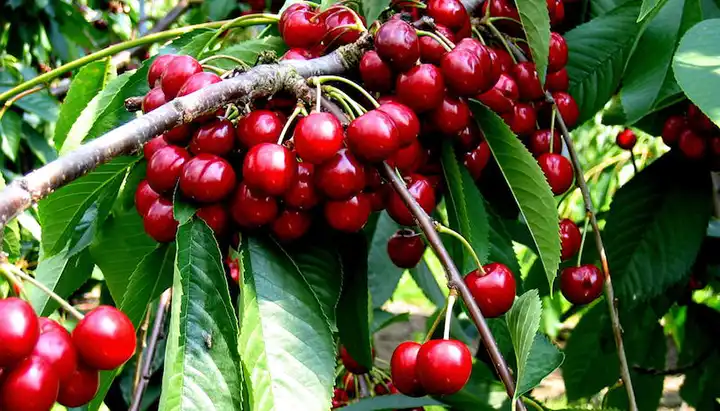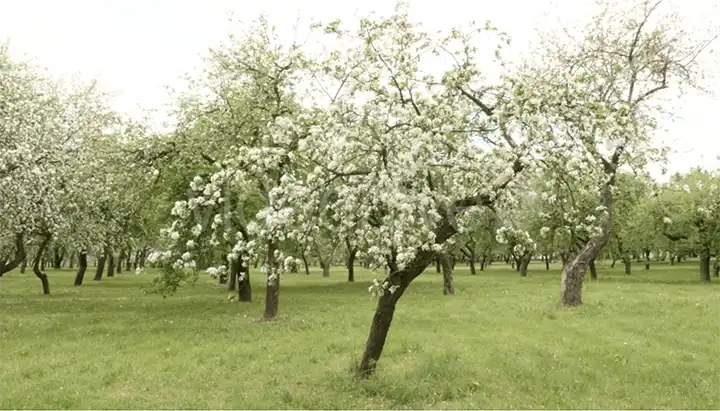Boost Your Plant’s Growth Naturally with Water Rice Fertilizer: A Complete Guide
In the quest for faster and healthier plant growth, natural fertilizers are gaining popularity due to their eco-friendly benefits and easy accessibility. One standout option is water rice fertilizer, a simple, homemade solution derived from the water used to rinse or boil rice. Packed with essential nutrients, this natural fertilizer can significantly boost plant growth. In this article, we’ll dive into the benefits of water rice fertilizer, how to make it, and the best practices for using it to ensure optimal plant health.

Why Water Rice Fertilizer is Effective
The starchy liquid left after rinsing or boiling rice is rich in nutrients that plants thrive on, including:
- Starch: Provides a slow release of carbohydrates, feeding beneficial soil microorganisms that support root health and nutrient absorption.
- Vitamins and Minerals: Rice water contains essential minerals such as nitrogen, phosphorus, and potassium, which are key for plant growth.
- Amino Acids: Amino acids present in rice water promote healthy cell function, leading to stronger, faster-growing plants.
By applying rice water to your plants, you not only provide them with valuable nutrients but also create a favorable environment for beneficial microorganisms to thrive, enhancing soil health.
How to Make Water Rice Fertilizer
Creating water rice fertilizer is simple and requires only the water left over from rinsing or cooking rice. Follow these easy steps to make and use this natural fertilizer:
1. Collect Rice Water
You can collect rice water in two ways:
- Rinsing Rice: When rinsing rice before cooking, save the water. This water is rich in starch and essential nutrients beneficial for plant growth.
- Cooking Rice: Strain the water left after boiling rice, and allow it to cool before applying it to your plants.
Important: Always use plain rice water without added salt, oils, or seasonings, as these can harm your plants. To ensure you’re using real rice and not an artificial substitute, check out this comprehensive guide on detecting plastic rice.
2. Dilute the Rice Water
Rice water is concentrated, so it’s essential to dilute it before use to prevent over-fertilizing. A general rule is to dilute one part rice water with two to three parts clean water. Adjust this dilution ratio depending on the type of plants you’re fertilizing and the strength of the rice water:
- Young or Delicate Plants: Use a more diluted solution (one part rice water to three parts water).
- Mature or Robust Plants: A stronger solution can be used (one part rice water to two parts water).
3. Apply to Plants
Once diluted, apply the rice water to the soil around the base of your plants. Make sure to cover the soil evenly. Rice water fertilizer is suitable for outdoor gardens, indoor plants, and potted plants.
Tip: Apply in the morning or late afternoon to allow plants to absorb the nutrients without being stressed by midday heat.
4. Repeat Regularly
To see the best results, apply rice water fertilizer once every one to two weeks during the growing season. Regular use helps promote healthy root development, faster growth, and overall plant health.

Additional Tips for Using Water Rice Fertilizer
While water rice fertilizer is an excellent option, here are a few tips to maximize its benefits:
1. Avoid Overapplication
Overusing rice water fertilizer can lead to nutrient imbalances or salt buildup in the soil, which may harm plants. Stick to a weekly or biweekly application schedule to prevent this.
2. Monitor Plant Response
Different plants respond differently to fertilizers. Keep an eye on your plants for signs of nutrient deficiency (yellowing leaves, stunted growth) or excess (burned leaf tips, wilting). Adjust your application frequency or dilution ratio as needed.
3. Combine with Composting
For an additional nutrient boost, consider adding rice water to your compost pile. This helps enrich the compost, enhancing its benefits when applied to plants. The composting process will further break down the nutrients in the rice water, creating a powerful, nutrient-rich mixture.
4. Store Leftover Rice Water
If you have excess rice water after feeding your plants, store it in the refrigerator for up to a week. Be sure to use it before it ferments or spoils, as spoiled rice water can develop an unpleasant odor and may not benefit your plants.
5. Use with Other Organic Fertilizers
Rice water fertilizer works best when combined with other natural fertilizers such as compost, fish emulsion, or worm castings. This ensures your plants receive a balanced mix of essential nutrients for robust growth.
Benefits of Water Rice Fertilizer for Plants
Using water rice fertilizer regularly can offer several advantages for your garden:
- Faster Growth: The nutrients in rice water help stimulate faster root and shoot growth, leading to healthier, larger plants.
- Healthier Roots: Rice water promotes beneficial soil microorganisms, improving root health and nutrient absorption.
- Better Flowering and Fruit Production: Nutrient-rich rice water enhances flowering and fruiting, which is especially beneficial for fruit and vegetable gardens. For instance, check out how rice water benefits tomato plants for better yields.
- Cost-Effective and Sustainable: Reusing rice water is an eco-friendly way to reduce kitchen waste while boosting plant growth, making it an ideal solution for sustainable gardening.

Plants That Benefit Most from Water Rice Fertilizer
While most plants can benefit from rice water fertilizer, certain types respond particularly well, including:
- Leafy Greens: Lettuce, spinach, and kale thrive on the nitrogen content in rice water, promoting lush foliage.
- Root Vegetables: Carrots, radishes, and beets benefit from rice water’s nutrients, which help support strong root development.
- Flowers: Plants like roses, marigolds, and daisies produce more vibrant blooms when watered with rice water.
- Houseplants: Many houseplants, such as ferns and pothos, grow healthier with regular rice water applications.
A Simple, Sustainable Fertilizer for Faster Plant Growth
Water rice fertilizer is an eco-friendly, cost-effective way to enhance plant growth and improve soil health. By reusing rice water from your kitchen, you can provide your plants with essential nutrients that promote strong roots, lush foliage, and vibrant blooms. With regular application and careful monitoring, you’ll see noticeable improvements in your garden’s health and productivity.
Disclaimer: While water rice fertilizer is generally safe and beneficial for most plants, avoid overapplication and monitor your plants for adverse reactions. This article is for informational purposes and should not replace professional advice on plant care or gardening techniques.
